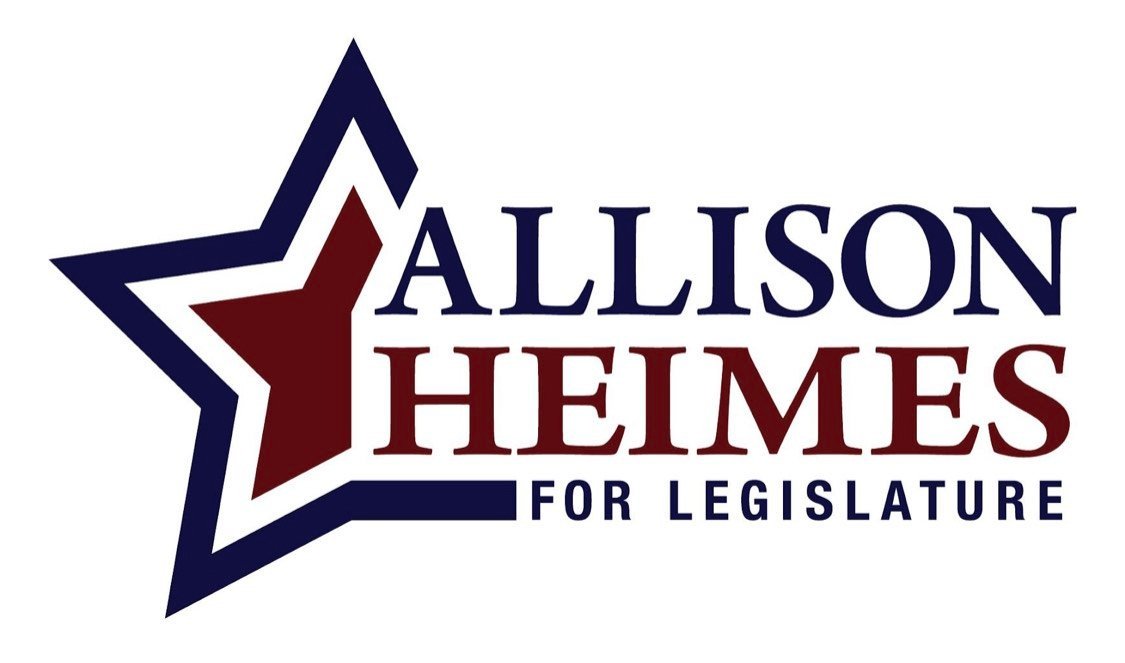Mental Health
In 2017, I received the worst call of my life. My brother had died. He was only 23 years old. He was athletic, adventurous, and loved. He was incredibly social and he had a great sense of humor. That’s why is was difficult to accept the truth; he had died from suicide.
Since his death, I have dedicated a great amount of time to right a wrong that can’t be righted. I volunteer with the Kim Foundation on the loss team. The loss team sends volunteers who have experienced loss to the homes of individuals who recently lost a loved one to suicide. We provide resources and comfort, but mostly we listen and validate impossible emotions.
I have met so many people that have their own loss stories, but I have also met people that are struggling right now and with issues ranging from depression to anxiety, to bipolar disorder, to schizophrenia. The common question: “What do we do?” People feel isolated, lonely, and helpless; even with the existence of hundreds of charities focused on these issues, people feel powerless.
Nebraska needs to proactively address mental health disorders and quick. Hospitals are overrun with people experiencing mental health crises to the point that patients have to wait hours for a bed to open up. The police are overrun with calls to homes where individuals are experiencing manic episodes and suicidal ideations. Loved ones feel helpless.
We need to explore options that allow law enforcement to remove individuals from situations in which they are a danger to themselves or others. without incarceration We need to invest in our crisis response programs and lean on public-private partnerships as well as non-profit partnerships to provide care. Additionally, we need to provide mental health resources to students in both public and private educational settings.


